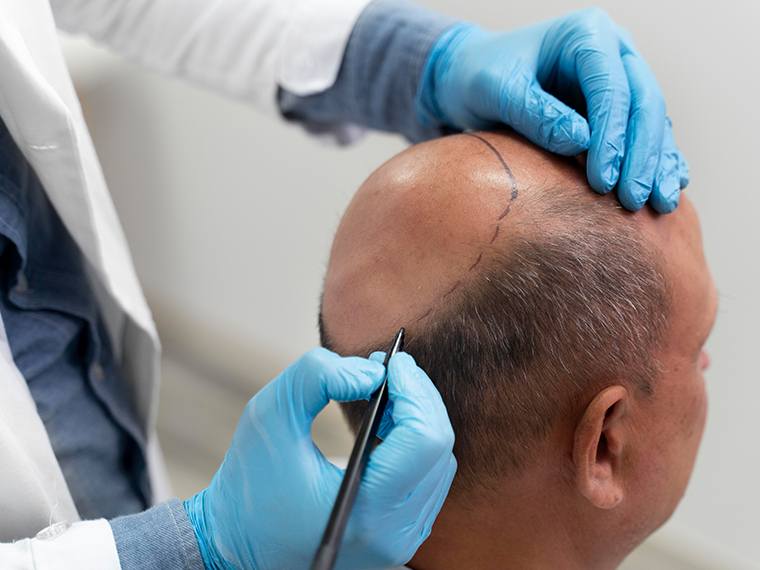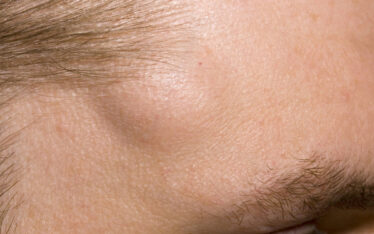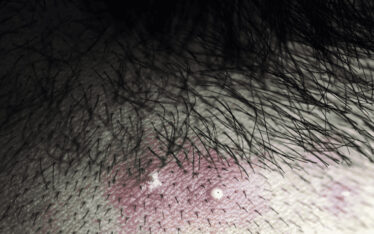Low porosity hair is characterized by tight cuticle layers, making it challenging for moisture to penetrate the hair shaft. This type of hair requires special care and attention, particularly when it comes to the ingredients found in hair care products. If you have low porosity hair, here are some essential ingredients to avoid to ensure your hair remains healthy and vibrant.
1.Protein-rich Products
Low porosity hair is typically protein-sensitive, meaning it does not respond well to protein-rich products. Products with ingredients like hydrolyzed wheat or silk protein can lead to a stiff and straw-like texture. Instead, look for moisturizing ingredients that hydrate without adding unnecessary protein.
2.Heavy Oils and Butters
Oils like coconut, shea butter, and castor oil may be too heavy for low porosity hair. These oils tend to sit on the surface of the hair, blocking moisture from getting in. Lighter oils like jojoba or grapeseed oil are better choices as they can penetrate the hair shaft more easily.
3.Sulfates
Harsh sulfates found in many shampoos can strip the hair of its natural oils, leading to dry and brittle strands. While this is a concern for all hair types, it can be especially damaging to low porosity hair. Consider using sulfate-free shampoos to cleanse without stripping your hair’s natural moisture.
4.Non-Water Soluble Silicones
Silicones are common in many hair products, but non-water soluble forms can build up on low porosity hair, leading to dullness and decreased moisture retention. Look for products with water-soluble silicones or opt for silicone-free products.
5.Alcohol-based Products
Certain alcohols, particularly short-chain alcohols like SD alcohol or isopropyl alcohol, can be drying to the hair. Avoid products that contain these types of alcohols, especially if you already struggle with dryness.
6.Mineral Oil and Petrolatum
These ingredients can create a barrier on the hair, blocking moisture from penetrating. Like heavy oils, they can exacerbate the challenges of moisturizing low porosity hair.
7.High pH Products
Low porosity hair often benefits from products with a slightly acidic pH, as they can help the cuticles lie flat. Avoid products with a high pH, as they can raise the cuticle, making it even more challenging for moisture to enter the hair shaft.
Low porosity hair requires unique care to keep it healthy and hydrated. By avoiding the ingredients listed above and choosing products specifically designed for your hair type, you can maintain beautiful and resilient locks.
Understanding your hair’s specific needs is the key to finding the right products and ingredients. It may take some trial and error, but avoiding these common pitfalls can lead to improved hair health and appearance. Always check product labels and consider consulting with a hair care professional for personalized recommendations tailored to your low porosity hair.





